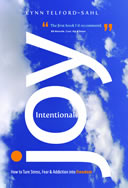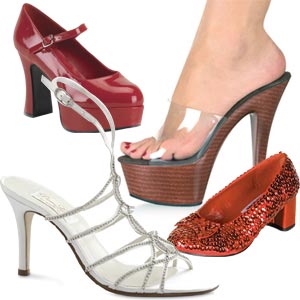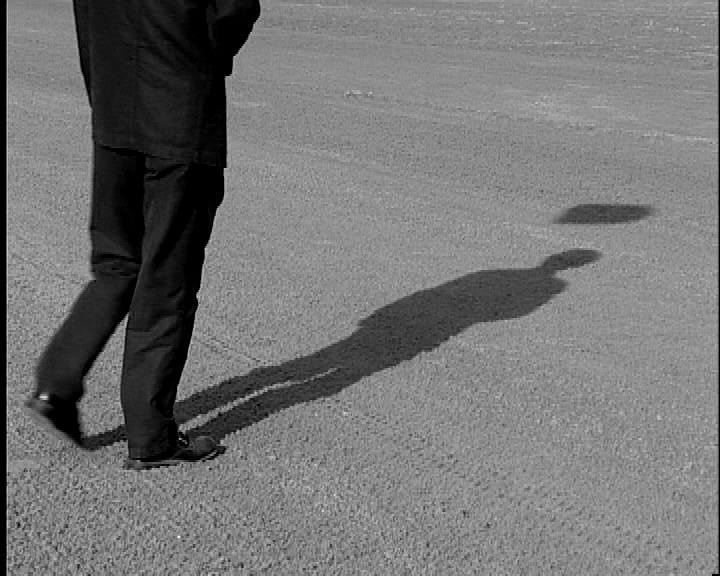What Money Secrets Do You Keep from Your Spouse?
 Tuesday, January 10, 2012 at 8:15AM
Tuesday, January 10, 2012 at 8:15AM  Post a Comment
Post a Comment Shh.... Did you tell your spouse or partner how much you really spent for Christmas? What would they say if they knew? What other money secrets do you keep? Do you have a secret credit card hidden away for those little shopping sprees? Do you shop and then sneak the packages into the house when he's not home? Do you gamble with the boys and tell your wife you spent $50.00 when it was really $200.00? Do you have a secret savings account just for your own emergencies? This behavior is called financial infidelity, a term coined by Brad & Ted Klontz, authors of Mind Over Money, and it means "deliberately and surreptitiously keeping a major secret about one's spending or finances from one's partner."
away for those little shopping sprees? Do you shop and then sneak the packages into the house when he's not home? Do you gamble with the boys and tell your wife you spent $50.00 when it was really $200.00? Do you have a secret savings account just for your own emergencies? This behavior is called financial infidelity, a term coined by Brad & Ted Klontz, authors of Mind Over Money, and it means "deliberately and surreptitiously keeping a major secret about one's spending or finances from one's partner."
Money secrets are powerful. And, we come by keeping our secrets in part because we're not taught to talk about money, much less tell the truth about it. The other part often comes from watching how our parents behaved with money. If not talking or telling the truth about money causes such problems, why do we do it? According to the Klontz's it stems from trust issues rooted in chidhood as we observe our parents. Good questions to ask to explore this for yourself: How did my parents act with money? Did they keep secrets from each other? How did I know? Most couples start lying about their spending to avoid conflict. Understandable, but unfortunately avoidance doesn't solve problems.
Money is the #1 stressor and source of conflict for most couples. I know it was for my husband and I for many years. Well, it was and it wasn't. We didn't talk about it except when he was reconciling the check book. Or, when he would try to talk with me about money and I'd either burst into tears or get angry and push him away. Neither one of these reactions was an effective way to solve whatever financial situation was up.
 Change requires doing something different. Here are a few things to get you started. 1) Make a date to talk with your partner and establish that the talk is a safe place to tell the truth. 2) Discuss what money means to you 3) Share what your memories are of how your parents were with money and how that's affected you as an adult. Keep the discussion going and be supportive rather than angry or blaming.
Change requires doing something different. Here are a few things to get you started. 1) Make a date to talk with your partner and establish that the talk is a safe place to tell the truth. 2) Discuss what money means to you 3) Share what your memories are of how your parents were with money and how that's affected you as an adult. Keep the discussion going and be supportive rather than angry or blaming.
 Lynn Telford-Sahl tagged
Lynn Telford-Sahl tagged  Brad Klontz,
Brad Klontz,  couples money conficts,
couples money conficts,  financial infidelity,
financial infidelity,  financial stress,
financial stress,  mind over money,
mind over money,  money problems,
money problems,  money secrets
money secrets













